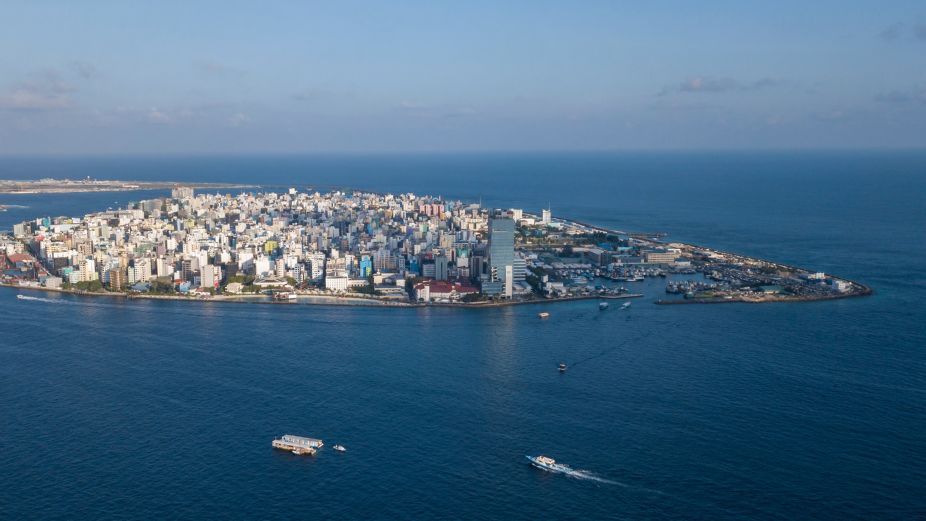
The World Bank’s South Asia Development Update (October 2025) places the Maldives’ economic outlook in sharp relief against its regional peers, noting that while growth continues to be driven by tourism, fiscal and external deficits remain among the highest in South Asia.
The report projects Maldives’ GDP growth at 4.2 percent in 2025, up from 3.3 percent in 2024, before easing slightly to 3.9 percent in 2026. This places the country below the South Asian regional average of 6.6 percent and even below the 4.4 percent average for South Asia excluding India. The deceleration reflects fiscal pressures and balance-of-payments vulnerabilities despite the steady recovery in visitor arrivals.
According to the report, tourism continues to fuel growth in 2025, much as it did in 2024. However, the economy faces rising inflation and widening deficits. Inflation surged from around 1 percent in late 2024 to a peak of 5.9 percent in April 2025, driven by higher import costs and limited access to foreign currency. Although the Maldives maintains a fixed exchange rate, depreciation in the parallel market has added to price pressures.
The fiscal deficit reached 12.9 percent of GDP in 2024, far exceeding regional levels, with spending heavily concentrated on subsidies, capital projects, and interest payments. The current account deficit stood at 18.3 percent of GDP, among the largest in South Asia, reflecting the country’s dependence on imports and high external financing needs.
By comparison, Sri Lanka’s fiscal deficit was 4.6 percent of GDP, and Bangladesh’s stood near 4 percent, highlighting how the Maldives’ public spending remains substantially higher than its peers. While Bhutan and India are easing fiscal pressures through consolidation, the Maldives continues to rely on domestic banks to finance its deficits, a trend the World Bank warns could increase exposure to sovereign risk.
Despite these challenges, the Maldives’ tourism sector remains one of the most robust in the region, outperforming Sri Lanka and Nepal in post-pandemic recovery. The report suggests that this strength has so far cushioned the economy against deeper instability, even as fiscal and external imbalances persist.
The World Bank emphasises the need for fiscal discipline and stronger foreign exchange management to safeguard macroeconomic stability. Without structural adjustments, high debt levels and persistent deficits could undermine growth momentum in the medium term.











